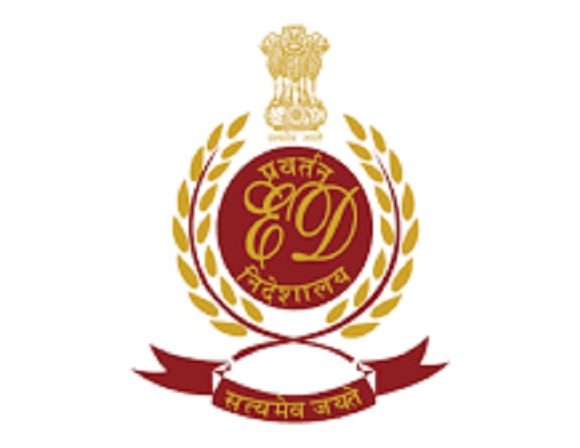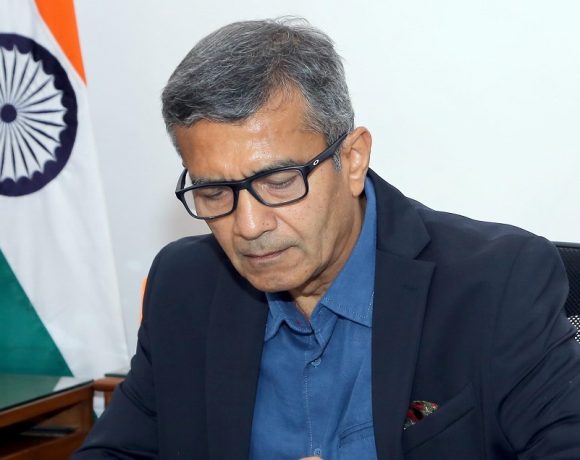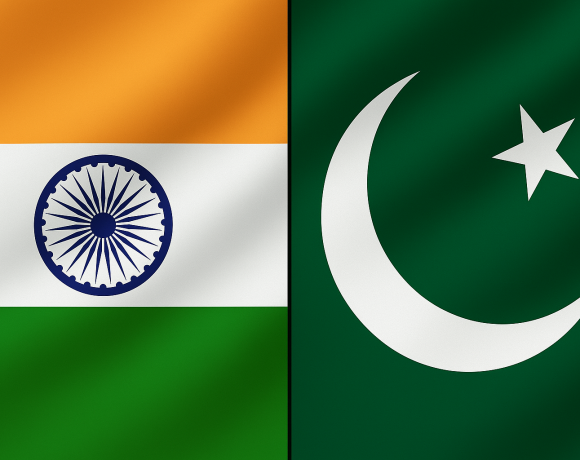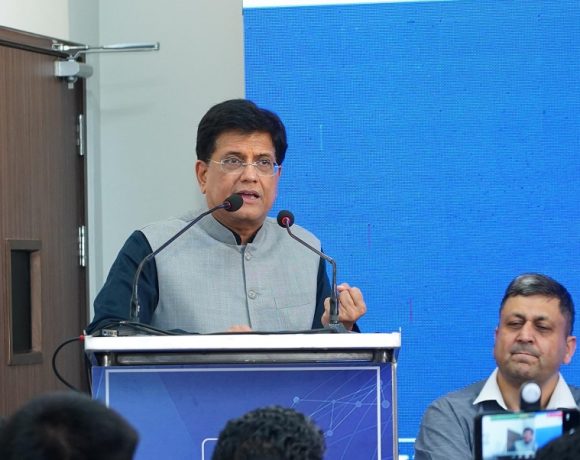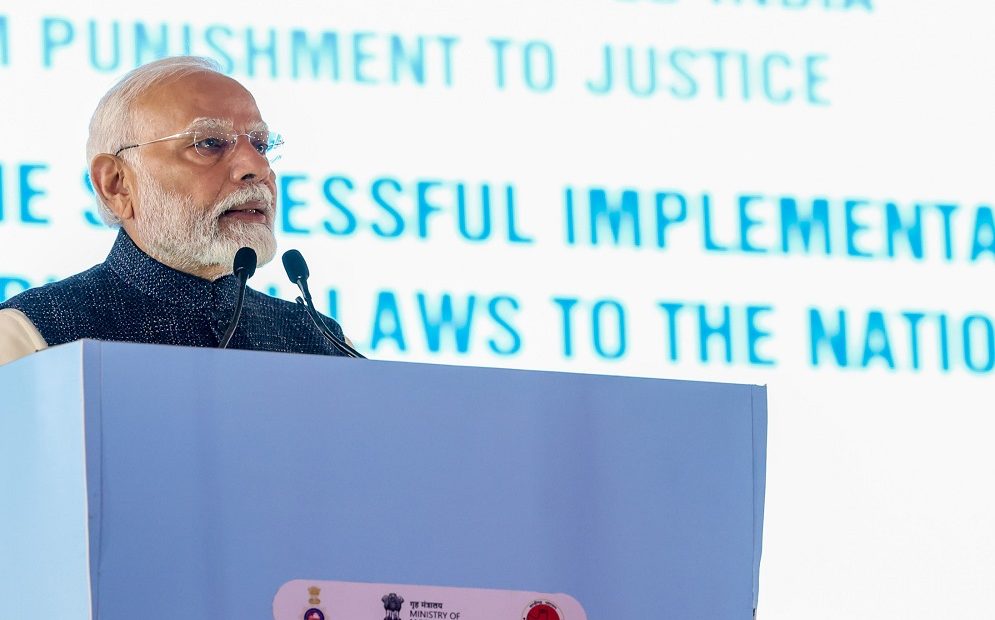
PM Modi Hails New Criminal Laws as Milestone in Justice Reform
Prime Minister Narendra Modi, speaking at an event in Chandigarh on Tuesday, celebrated the implementation of three new criminal laws designed to replace outdated colonial-era statutes.
Highlighting the historical shift, PM Modi remarked, “I congratulate the countrymen on the implementation of the new law. It took a lot of hard work from jurists and constitutionalists to make it.”
The Prime Minister reflected on the post-independence aspirations of Indians, stating, “People thought that now that the British had gone, they would be free from the British laws. Those laws were the means of oppression and exploitation by the British.” He emphasized that the new laws represent a significant step forward, addressing modern-day challenges faced by the justice system over the last seven decades. “I am confident that this Nyaya Sanhita of Bharat, made with everyone’s cooperation, will prove to be a milestone,” he added.
New Laws Replace Colonial Statutes
On July 1, India officially replaced the Indian Penal Code (IPC), Code of Criminal Procedure (CrPC), and the Evidence Act with the Bharatiya Nyaya Sanhita (BNS), Bharatiya Nagarik Suraksha Sanhita (BNSS), and Bharatiya Sakshya Adhiniyam (BSA). These reforms aim to streamline legal processes and modernize law enforcement.
One key feature of the new laws is the Zero FIR, enabling individuals to file a First Information Report (FIR) at any police station, regardless of the crime’s location. This measure is expected to enhance accessibility to justice and reduce procedural bottlenecks.
A Tribute to Chandigarh’s Legacy
PM Modi traced Chandigarh’s roots to Mother Chandi, symbolizing truth and justice, which align with the ethos of the new legal framework. “Chandigarh is identified with Mother Chandi. Truth and justice were established by her, and this is also the basis of these laws,” he said, adding, “Coming to Chandigarh, I feel as if I have come among my own people.”
The event marked a significant moment in India’s judicial evolution, with PM Modi expressing hope that the new laws would address contemporary challenges and set the stage for a more just and efficient legal system.


